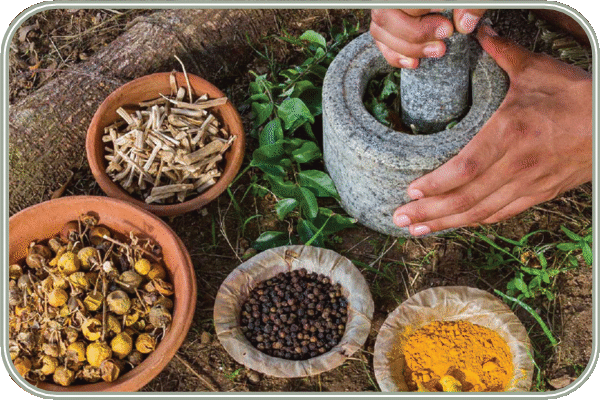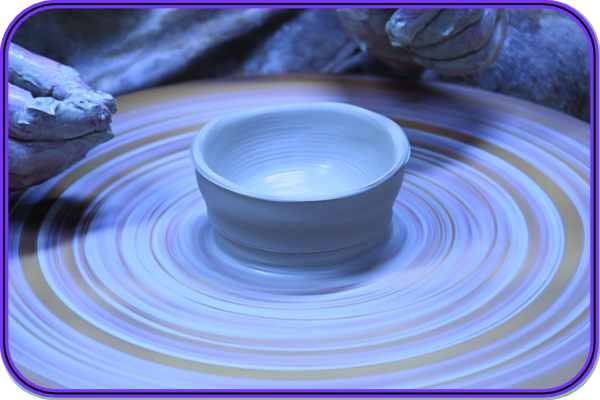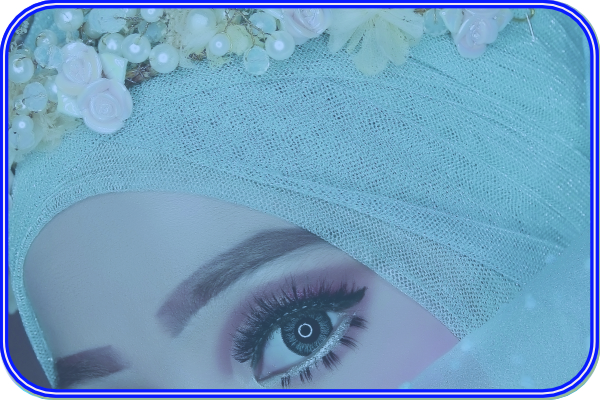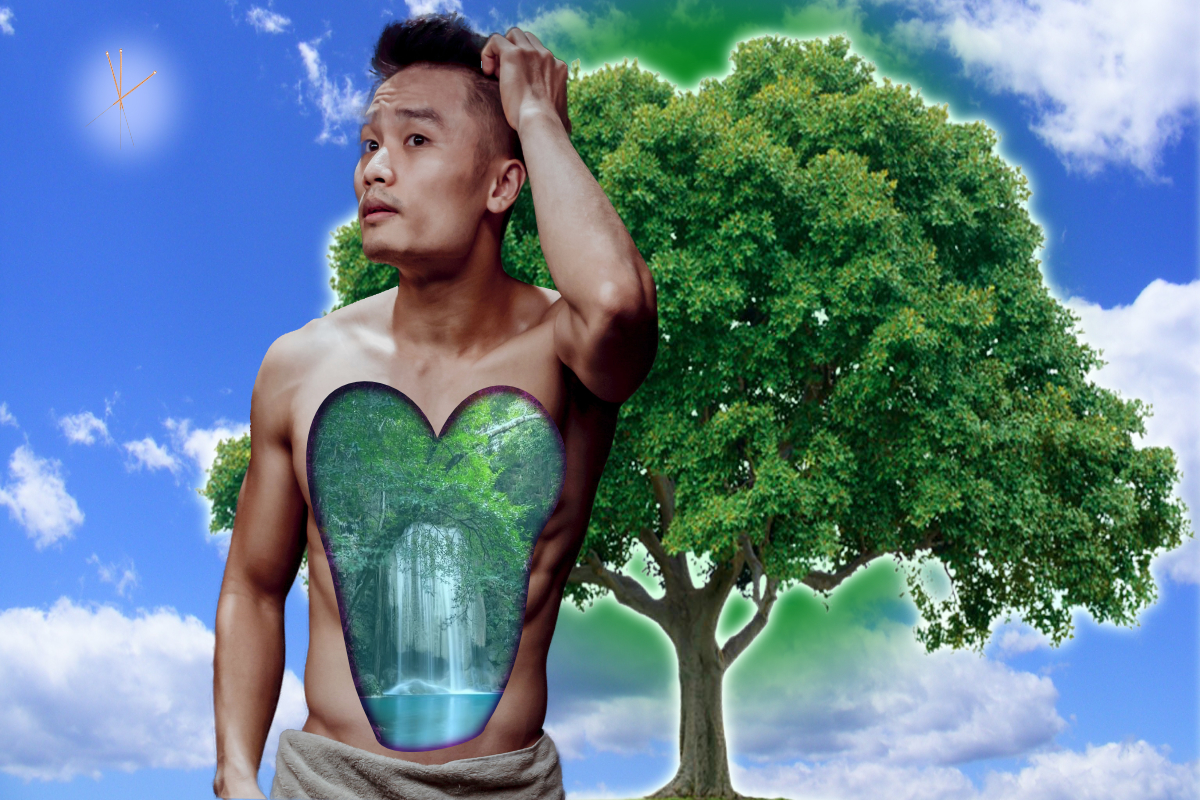Functions of body fluids according to TCM
Organic fluids, or Jīn yè, are, like qi and blood, an essential and omnipresent substance in the body. Their role is to maintain all of the body’s physiological activities.
According to Traditional Chinese Medicine (TCM), the sources of organic fluids are food and drink. These are digested by the stomach; the small intestine separates the pure from the impure. The spleen transforms and distributes these fluids. The more ethereal or vaporized part of these fluids rises to the lungs, which diffuse them. Some will be diffused through the skin (sweat). Another part of these liquids (more dense) will descend to the Kidneys and Large Intestine, which will carry out other separation processes for elimination (urine for the kidneys and stool for the large intestine).
The process of separating the pure from the impure is carried out through various processes:
- the digestive and absorption capacities of the stomach,
- the separation process of the small intestine,
- the transformation and distribution function of the spleen.
The spleen transports organic fluids to the lungs, which regulate and control the “passage of water.” Thanks to their dispersal function, the lungs distribute fluids throughout the body, providing nourishment and hydration.
The lungs also eliminate some of the fluids in the body through respiration. In the “water metabolism,” it is the kidneys that play the decisive role. The functions of the lungs, stomach, spleen, small intestine, and three heaters depend entirely on the boosting effect of kidney qi.
Two types of bodily fluids: Jīn and yè
In addition, organic fluids are governed by the Kidneys due to the transformation and vaporization of qi, so that the clear parts are reused, while the cloudy parts are transformed and excreted in the urine.
There are two types of fluids or organic liquids: Jīn (such as sweat) and yè liquids (which are denser).
- Jīn, which are very clear and fluid, are used to nourish and moisturize the skin and muscles. They give shine to hair and body hair. They are controlled by the Lungs. They circulate with Qi (called protective qi here).
- Yè, which are thicker and more viscous, are much richer and directed towards the deep organs. They nourish the bones, marrow, viscera, brain, etc. They lubricate the joints and moisturize the inside of the body. They are controlled by the middle warmer and circulate with nourishing Qi.
The condition of organic fluids (Jīn yè) is essential. They play a role in moisturizing, nourishing, neutralizing toxins, and regulating body heat.
From the perspective of Chinese medicine, fluid metabolism consists of various repeated processes of separating pure and impure liquids.
Our body seeks to guide or eliminate pure fractions upwards and outwards and to bring impure fractions (cloudy matter not essential to the body) downwards for elimination.
In summary, we can say that the trio of the lungs, spleen, and kidneys forms the basis for the transport, transformation, and excretion of organic fluids.
Thus, edema, skin conditions, perspiration disorders, joint and bone damage, etc. are directly related to the malfunctioning of these processes.

Maintaining a good overall balance of Qi
In TCM, diagnosis does not directly concern organic fluids, but rather the study of the quality of Qi. When organic fluids are not produced correctly, there is a lack of blood or stagnation of Qi. There is also heat invasion, profuse sweating, or repeated vomiting.
This leads to the appearance of pathogenic phenomena (the first symptoms of a disease) such as:
- Dry skin, eyes, nose, or mouth,
- Constipation,
- Invasion of dampness (edema, water retention, etc.) or even phlegm (sputum, etc.).
In principle, if the Qi and organs are functioning properly, bodily fluids regulate themselves. In the event of any dysfunction, treatment of the spleen, stomach, and kidneys is always recommended.
By paying attention to our lifestyle, we can maintain strong defensive Qi. This involves a healthy diet, exercise, adequate rest, a peaceful, stress-free environment, and therefore good management of our emotions, practicing an art, etc.
In Chinese medicine, there are six energies (Liù Qì; 六气) that are part of human life. This is because humans are in constant contact with them. These energies can only become harmful if they are in excess. The six energies are:
- Wind (fēng; 风)
- Cold (hán; 寒)
- Heat (rè; 热, which can become: huǒ; 火 = fire)
- Humidity (shī; 湿)
- Dryness (zào; 燥 or hàn; 旱)
- Heatwave (kùshǔ 酷暑 or shǔ; 暑)
When one of these six energies is in excess, it will undoubtedly have harmful effects on our body. To preserve our defensive balance, we use a few acupuncture sessions. Sometimes one is enough. For those who prefer it, we prescribe pharmacopoeia recipes tailored to each individual according to the balance to be restored.
Organs and their role in this process
- STOMACH:
The source of body fluids.
- SPLEEN:
Transforms and transports.
- LUNGS:
Regulates the “passage of water.”
- KIDNEY:
– Provides the spleen with the heat needed to transform fluids.
– Assists the small intestine in its fluid separation function.
- BLADDER:
Separation of pure/impure fluids; urinary excretion.







0 Comments